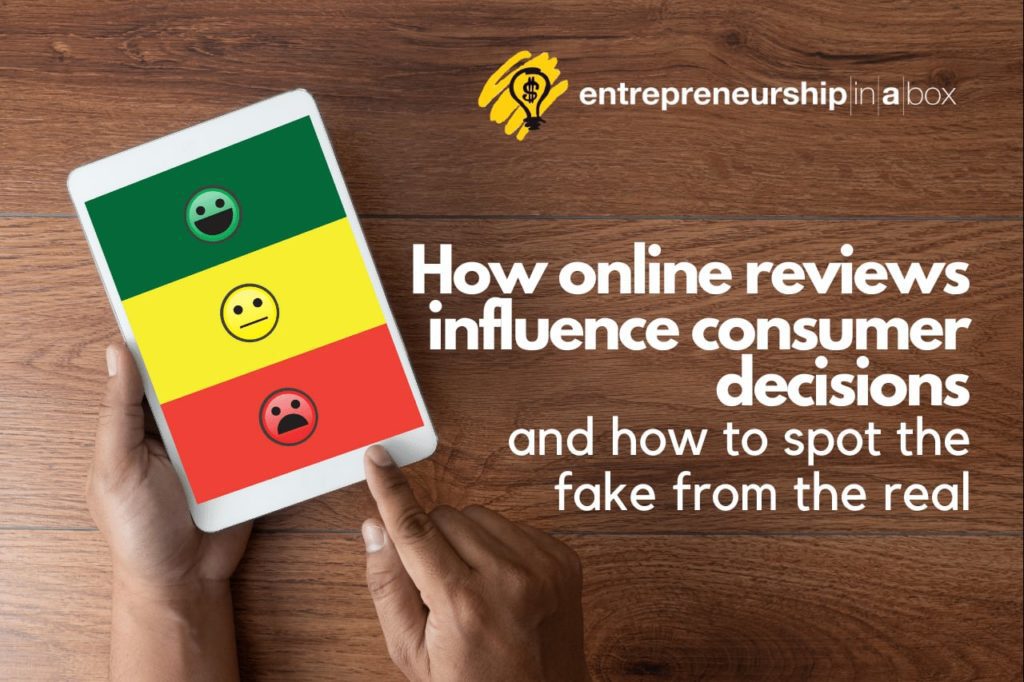How often do you check the reviews of a product you want to buy before making your final purchase decision? It used to be that word of mouth was the strongest form of advertising, but it would seem that online reviews are becoming the digital equivalent.
Potential online buyers check reviews for everything, from the best dog grooming parlors to major purchases like home appliances and even cars. They check the reviews on the actual products, the service provider, and the customer service offered.
Recent statistics show that an average of 36% of shoppers uses online reviews to research potential brands and products. With everything being fast-paced these days, consumers no longer have the time to search for the right deal and the right experience. Instead, they use existing feedback to help them choose.
The Influence of Online Reviews
With 52% of all internet users posting online reviews, it’s safe to say there are reviews for just about anything on the internet. Every online company has customer reviews that they use to attract new business. Positive reviews can go a long way toward boosting the company’s brand and product image. Consumers, on the other hand, use reviews when shortlisting potential products for purchase. Let’s look at two of the biggest reasons why online reviews are so popular with consumers.
Consumers Rely On Other Consumers
Most online reviews are anonymous, so why do consumers place so much stock in the opinions of strangers? Psychologists believe that the main reason for this is the need to see these reviewers as peers and trust their opinions as if they were friends.
It forms part of the “them versus us” mentality” or “Consumers vs. companies.” There’s the general opinion that businesses are out to get money at any cost. Consumers need to stick together and inform each other of any discrepancies theoretically. In general, consumers are driven by the need to be associated with a group or relate to other consumers. This theory can perhaps only work if everyone is above board.
Reviews Provide Transparency
The other main reason for consumers trusting online reviews is the need for transparency. Consumers want to be sure that they aren’t being ripped off, and if a group of other consumers gives details about the products and experiences, the perception of getting a good deal increases.
In theory, reviews provide consumers insight into products and company practices, especially if it’s a relatively new company or brand. Consumers also study reviews when they buy a product they’ve never needed and don’t know much about.
What’s the Positive Side of Good Online Reviews?
Positive reviews are essential for a company’s image. Research has shown that good reviews can result in an increase of 18% in product sales.
Good product reviews benefit a company’s image and products in the following ways:
- Increase brand trust: Transparency is increasingly necessary for consumers. A transparent brand makes consumers trust the brand and the product.
- Increases online exposure: Positive reviews expose companies to increased exposure, especially when these reviews appear in the top Google search results.
- Increases reputation and image: Positive reviews improve a company’s reputation, creating trust with consumers.
- Easier to maintain: With enough positive ratings, it’s cheaper and simpler for a company to maintain a positive online reputation. Negative reviews may require extensive rebranding.
- Advise consumers: If the reviews are honest, they could prevent consumers from buying products that are genuinely not worth the money. Honest reviews can steer consumers in the right direction with their purchases.
The Flip Side of the Online Reviews Coin
While positive reviews promote companies and influence customer buying patterns, there is also the other less positive aspect of online reviews. Fake reviews are estimated to make up at least 20% of current reviews. Negative reviews are necessary to give a balanced view of a company or a product, but it becomes a concern when placed for the wrong reasons.
Reasons Why Companies or Consumers Write Fake Online Reviews
Unfortunately, the internet is not an honest environment, and all reviews are not written with the best intentions. There are several reasons why reviews can be negative. Some of them include:
- Companies often pay for fake positive reviews to increase their product image.
- Businesses can also pay for negative reviews to be placed on their competitors’ pages.
- Consumers may write negative reviews to claim refunds or get complimentary gifts for the inconvenience caused.
- Internet trolls write negative reviews either for fun or to degrade a company or product they may not like.
How to Spot Fake Online Reviews
With the increase of online activity, businesses aren’t going to stop using consumer reviews on their sites any time soon. It’s therefore essential to take the time and make an effort to establish if the reviews you are reading are true or not. By doing this, you can weed out the negative from the potentially valuable reviews.
Here are a few tips to help you see which reviews are fake:
No verified buyer:
Most sites differentiate between verified buyers and other reviewers. If you want to buy the product yourself, always read reviews from verified buyers. These are the people using the actual products in their homes.
Timestamped at odd hours:
Genuine customers don’t go online at 3 am to tell the world how great their toaster is. But, someone getting paid to write reviews could be working at that time.
Vague descriptions:
An honest negative online review will have great detail about the problem and what was or wasn’t done about it. A fake reviewer will be vague about their irritation.
Similar to other reviews:
Sometimes when reading through online reviews, you start seeing a pattern. Different people are making short statements about the same problem. It’s improbable that five people in a row will write “oven light doesn’t come on” without any further details about the nature of the problem. It’s also unlikely that five people will write “great product” without elaborating. So, too many similarities could mean it’s a bunch of fake feedback from a paid reviewer.
Reviews too short:
While there isn’t a standard protocol for online review lengths, a person who is genuinely using the product will give details about the time bought, expectations, results, and interactions with the customer service department.
How Can Companies Improve Online Reviews?
Companies have an ethical responsibility to manage their online reviews. Honest reviews will have a better impact on your business image. There are a few steps companies can follow to improve the quality of their online reviews.
Let’s have a look at some of them:
Use crowd-sourced review sites:
Use sites like Yelp that are devoted to different individual niches, such as restaurants. Yelp users are encouraged to submit reviews of products or services they’ve experienced. Users can rate products or services by allocating a one to five-star rating option and leaving a brief comment. Other examples of these sites include Google, TripAdvisor, Home Advisor, ConsumerAffairs, and the Better Business Bureau.
Actively respond to negative online reviews:
Don’t ignore negative reviews. Regard them as opportunities to connect with your customers. Respond to queries and product issues timeously. Comment on the review so that people reading the review can adjust their opinions accordingly. They might decide that the customer service will effectively sort out any potential issues despite the product flaws.
Encourage positive reviews:
Encouraging customers to leave positive reviews on Yelp will go a long way to getting good, genuine reviews. You could go as far as printing a reminder on their receipts or invoices.
Boost reviews on big-ticket items:
People tend to spend a lot more time reviewing items that cost more. It’s advisable then for businesses to invest in getting quality reviews for bigger, more expensive items.
Use the same sites as your consumers:
Ensure that your social media accounts like Facebook, Twitter, and Instagram are accessible from your store. Encourage customers to leave comments on the service and products. Make sure their comments are followed up, whether good or bad.
Engage with customers:
Encourage customers to post pictures of themselves using their products and ask them to leave comments.
Set review guidelines:
Create guidelines to avoid reviews that can come by internet trolls. Ensure that reviews are placed only by people with certified purchases.
Endnote
Whether reviews are real or fake, they’re on the internet to stay. If managed correctly, they can have a very positive effect on the sales revenue of your company. Business owners should manage negative reviews positively, which will go a long way toward showing that customer service is on par.
As for the consumer, follow our guidelines to distinguish real from fake reviews. By doing this, a consumer will ensure they don’t end up paying for an inferior product based on fake reviews. Let’s make sure businesses and consumers win instead of internet trolls.



